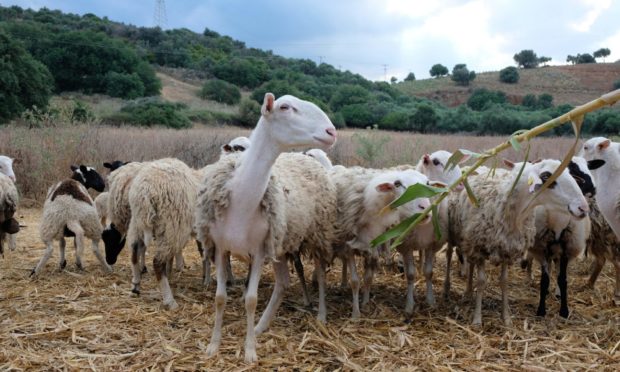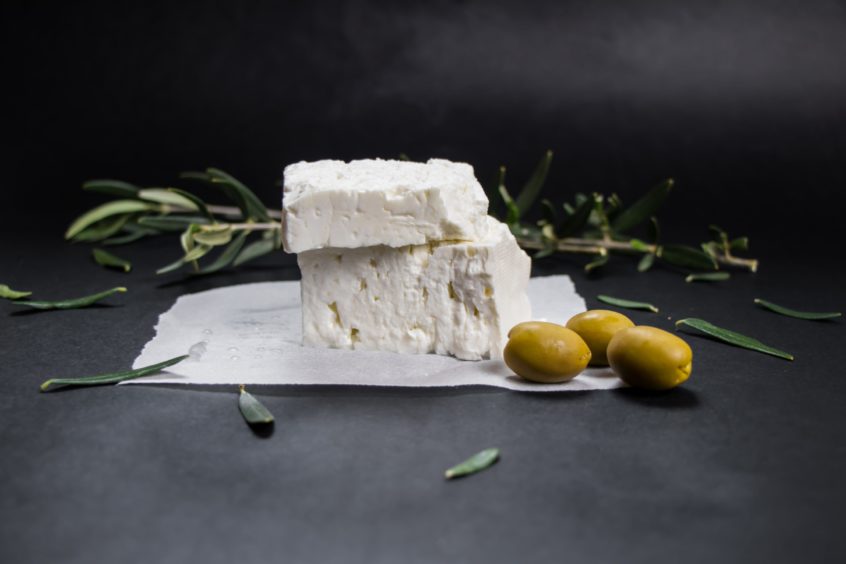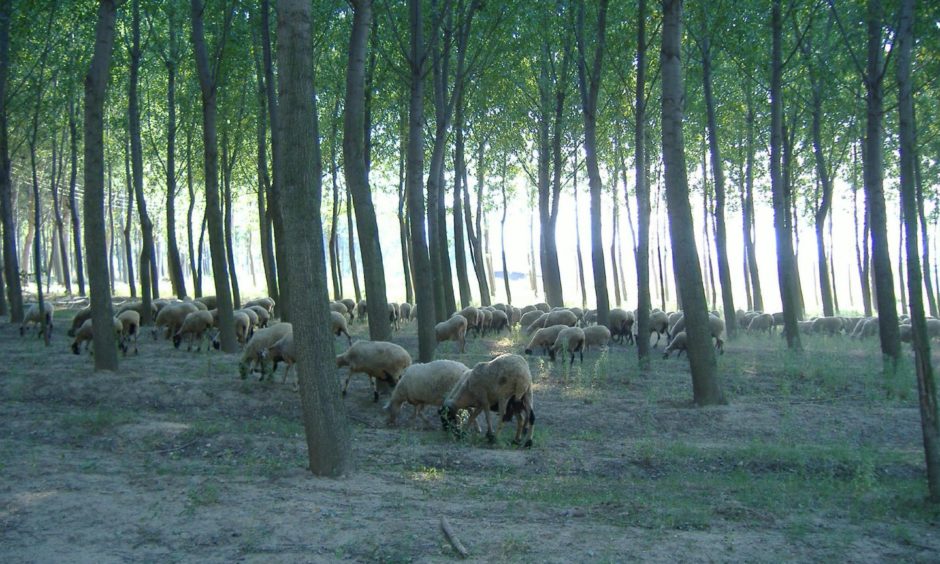Animal scientists investigating the impact of climate change on livestock have discovered some Chios sheep in the Mediterranean are more resilient than others to temperature fluctuations throughout the seasons.
It is thought that pinpointing genes relating to variations in milk production could help breed animals which are resilient to warming conditions across the globe.
Milk from Chios ewes is used to produce feta and other cheeses, and the scientists from Scotland’s Rural College (SRUC), the Roslin Institute and the Aristotle University of Thessaloniki (AUTH) in Greece found that groups of genes in some sheep may enable the animals to be productive in hot and cold conditions.
Professor Georgios Arsenos, project coordinator at AUTH, said the aim was to identify challenges and opportunities and make the European sheep and goat sectors more sustainable, competitive and resilient.
The scientists used data relating to almost 40,000 ewes collected by the Chios Sheep Breeders’ Cooperative in Greece to create a mathematical model of resilience to fluctuations in climate, based on records of milk productivity, time of lambing and weather throughout the seasons.
Professor Georgios Banos, from SRUC and the Roslin, said: “The findings have implications for selectively breeding animals with genes that enable resilience to changing climates and for farm management, such as the time of year when ewes are bred.”


